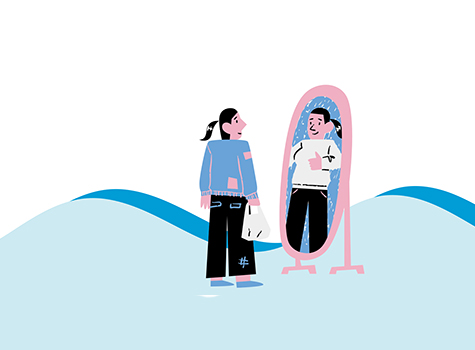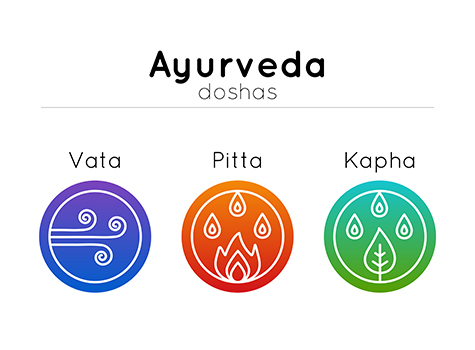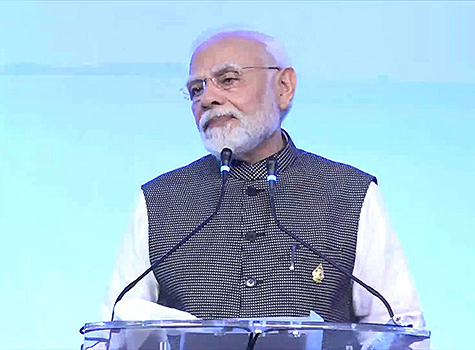“Darling, isn’t it a beautiful morning?” “Yes, it sure is, my non-GMO whole wheat muffin.” “What would you like to do today, my tofu-kelp non-dairy valerian shake?”
“My certified-organic Edamame, I WANT TO SAVE THE WORLD!!!”
So, when you hit the $10 Billion mark and your estate extends to 10,000 acres, and your hormones are balanced as your butler Jose squeezes organic oranges with a stainless-steel press right next to the outdoor breakfast table overlooking 100,000 mature trees, you want to do something special for the world. You want to put all that non-tangible wealth built up in non-tangible securities to good use.
So, all the yoga, meditation, chakra balancing, herbal shakes, and oneness with the universe therapy sessions all boil down to improving the plight of Africa, Asia, and South America. While I’m not singling out the internet upstarts here, they seem to be the most starry-eyed characters in the mix. Once they experience the miracle of childbirth and joys of family, they naturally want to help the repressed and the oppressed. For years, I just blew that off as their guilt for being obscenely rich in a resource-poor world. For more years, I thought they were duped by PR people wanting them to make their mark on the planet. Now I’m beginning to realize that saving the world is a complex phenomenon.
It is not surprising that once you acquire untold wealth, your first goal is to surround yourself with positive people and grandiose ideas. For a Bill Gates or Mark Zuckerberg or Steve Jobs, billions of cyber dollars that can disappear into thin air at the touch of a button is not the issue. They do suffer guilt; they do have media and PR pressures; and of course, they do have grand visions about how their “subjects” should be living their lives around the planet.
And parasitic entities seem to follow the money as well. Suddenly it is time to Wi-Fi the entire planet, vaccinate all of Africa, provide a solar-powered laptop to every Third World child, etc. While I’m not suggesting there is some global illuminati directive in the motives of the rich, there is a degree of hypocrisy. The Rockefellers, who did untold work to bring allopathic medicine to Americans almost never used anything but natural remedies. And like many children of the rich and famous, the kids of the Forbes 100 may end up with no Facebook accounts, iPads or even an aptitude toward technology. Indeed, many kids of the rich end up alone and isolated trying to save turtles and icebergs, rather than expand their parents’ empires.
So goodwill and good intentions aside, we must look at some practical aspects of how dreams form inside the gorgeous clouds overlooking massive estates. While there is probably no selfish motive, you start seeing success in life as a laptop, or as an Amazon account, or a Facebook profile. That, to you, in your expansive happy space, looks like where humanity needs to be to feel as good as you feel right now.
“Sherbet Fontanel Albumin.” Since the mid-1970s, in areas like Seoul, Tokyo, Hong Kong, Manila, Bangkok and Singapore, you couldn’t escape nonsensical English slogans on T-shirts—and wondered what these random English words were supposed to mean. Again, (most likely) none of this was a conspiracy beyond the usual fantasy that capitalism plants in every consumer and business owner. Fake Izod shirts and Ralph Lauren logos on everything being sold for dimes on the street, counterfeit Rolex watches, faux Louis Vuitton bags, all connected you to a dream -the brutal and blatant allure of Western capitalism.
As the internet exploded and the selfie came on board, spending your entire daily earnings at McDonalds or Starbucks while wearing a “Sherbet Fontanel Albumin” T-shirt connected you to the Western model of success and brought you into a semblance of the global middle class. The facts, obviously, are pretty horrifying for the precise reason I just mentioned: you are not middle class. You should be feeding your family and saving for a motorcycle or a home with the money you are spending buying outrageously priced Western junk products.
The Fortune 500 business planners know a few things really well. Dead or starving people don’t ever aspire to be middle class, let alone actually be the middle class. The rich are not big consumers of junk food and sneakers, so there’s hardly any point in marketing to them at a global level. Today’s business model is operating in the dangerous territory where global blue-collar workers who are hardly in a position to afford Western middle-class items are being compelled to purchase products with their last dime. The reward is that they all get to travel as a group up a ladder that will soon collapse on their dreams.
With 80 percent of America now engaged in service industry jobs, the country’s main export now is a “brand” that connects the rest of the world to the American Dream. A T-shirt with gibberish English words, a fake handbag, a Coke, a Big Mac, and a Facebook account seems to signal that you have arrived in the beautiful world of the American middle class just like the movies show you; just like what you imagined the taste of success to be like while sitting in Manila or Mumbai or Beijing.
One wonders then if the rich standing on their pedestals have similar fantasies about the state of the planet in 50 or 100 years—healthy, smiling kids with laptops, global Wi-Fi, a happy meal bag in hand, heading to a video link to take their final exams, Wikipedia app on their smartphones, ready to argue anything from Einstein to Dickens to Picasso at the touch of a button.
There is just one problem. Americans lag behind even Cuba in health markers. Americans are not well trained enough to run the highly technical economy that is being sustained by foreign tech workers. Americans keep working and buying but can’t find satisfaction in most aspects of their lives. What exactly is this “export” that is now a global phenomenon, this gift that the rich are trying so desperately to give us?
Posted: Monday, July 31, 2017



